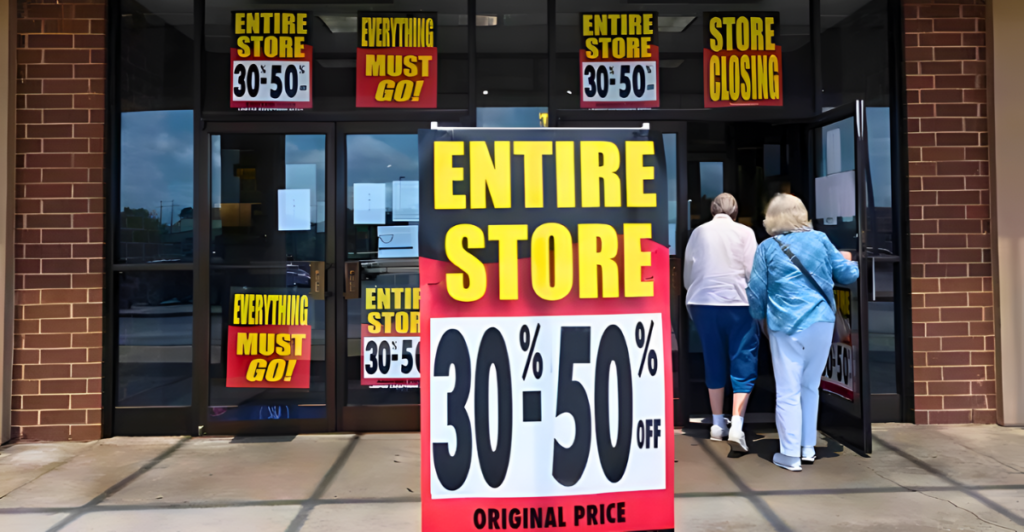
Supermarket price wars are nothing new in the UK, but Morrisons’ latest round of cuts signals a more serious crisis. Once a top-four grocer, the chain is now shutting cafes, trimming service counters, and slashing jobs in a desperate attempt to stay afloat against discount rivals like Aldi and Lidl. These aren’t just routine savings—they’re survival tactics.
As debt burdens mount and operating margins tighten, Morrisons is taking drastic steps to stay competitive. This shake-up is more than corporate restructuring—it’s a warning shot for the future of British retail. So what’s driving the cuts, and who will feel the impact?
Massive Debt Load Is Fueling Morrisons’ Job Cuts

Morrisons’ sweeping job reductions stem largely from its financial entanglements. After a £10 billion private equity takeover in 2021, the grocer has been weighed down by soaring debt. In the latest fiscal year, Morrisons reported a staggering £500 million pre-tax loss. Even more alarming, it racked up £110 million in debt financing costs in just 16 weeks.
Rising wages and new government-imposed levies have only worsened the pressure. These compounding financial burdens have left the company with few choices. With little room to maneuver, Morrisons’ staff cuts are not a tactic—they’re a necessity to avoid deeper, potentially irreversible losses.
Aldi and Lidl’s Growth Leaves Morrisons Struggling to Compete

Morrisons’ woes are exacerbated by the continued dominance of Aldi and Lidl. Aldi overtook Morrisons in 2022, bumping it to fifth place among UK grocers. These discount chains operate on ultra-lean models, with limited product lines, fewer employees, and stripped-back services that keep prices low. It’s a formula that appeals to increasingly budget-conscious consumers.
While Morrisons remains tied to higher costs and legacy operations, its rivals expand swiftly, eroding its market share. Caught between rising expenses and brutal competition, Morrisons has little choice but to cut costs aggressively if it hopes to survive in today’s unforgiving retail environment.
Retail Giants Across the UK Feel the Same Financial Strain
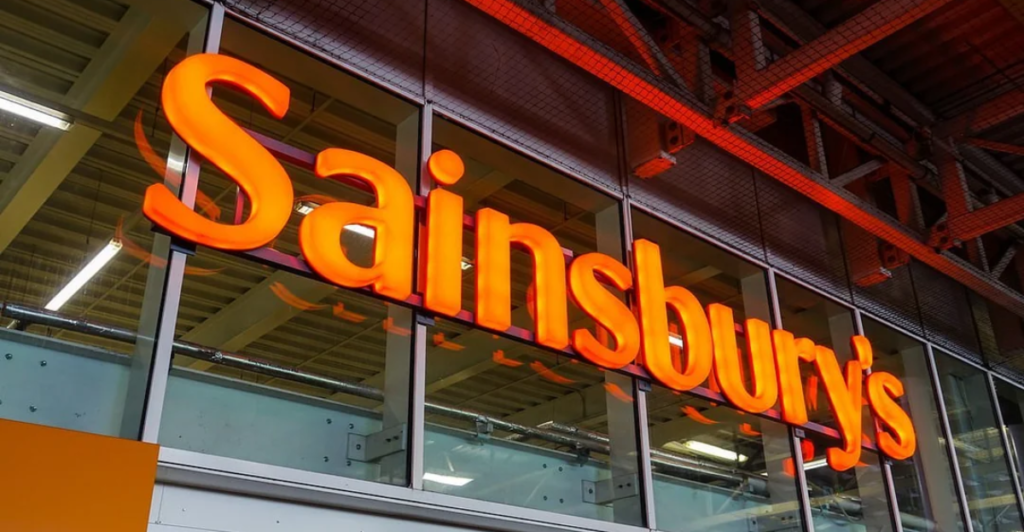
Morrisons isn’t the only supermarket in crisis mode. Rising National Living Wage rates, employer tax increases, and new green levies are forcing dramatic changes across the sector. Sainsbury’s, Tesco, and Asda have all announced workforce reductions or service cutbacks this year. Over the past five years, the UK retail industry has shed around 250,000 jobs.
These aren’t temporary measures—they reflect deep, structural shifts in how retailers must operate. With costs soaring and profit margins narrowing, supermarket chains are being forced to rethink their business models, streamline operations, and find ways to do more with less—or risk collapse.
Why Supermarkets Are Turning to Automation and AI

With labor costs surging and staffing challenges growing, automation is becoming vital to retail survival. Self-checkout machines, AI-powered inventory systems, and cashierless stores are no longer novelties—they’re necessities. For Morrisons, downsizing its workforce also frees up resources to invest in such technologies.
Automation allows grocers to reduce labor dependency while improving efficiency and service speed. In this evolving landscape, the average supermarket employee is shifting roles—from traditional retail tasks to managing and troubleshooting smart systems. In a cutthroat market, tech isn’t just a tool for convenience—it’s becoming the backbone of sustainable, competitive grocery operations across the UK.
Behind the Numbers—The Real Impact on Workers
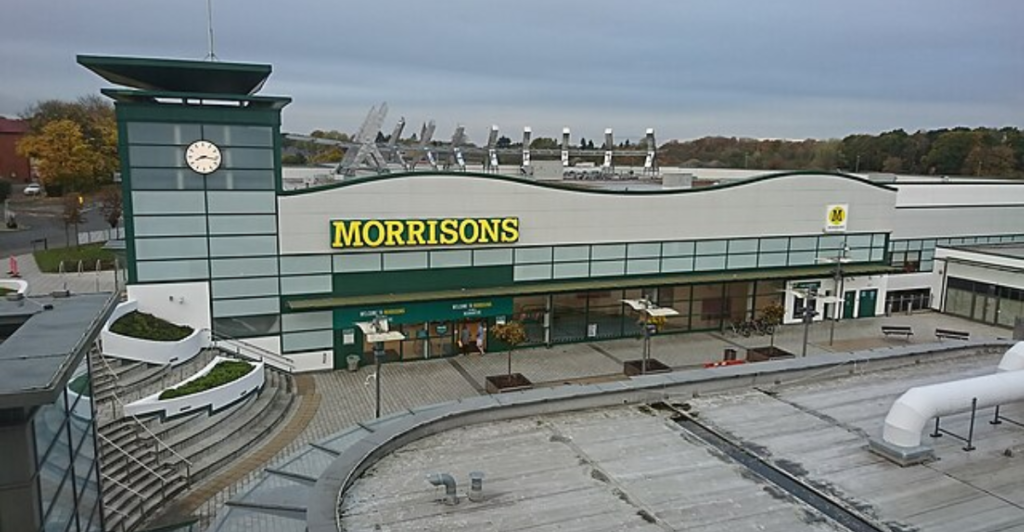
Layoffs at Morrisons come with a steep human toll. Those made redundant face job insecurity, emotional strain, and potential long-term effects on their mental health. For employees who remain, heavier workloads and job uncertainty create a constant state of stress. Retail work has long been underappreciated, and large-scale job losses only deepen that crisis. While Morrisons has pledged to redeploy some affected staff, opportunities are limited.
Many employees will find themselves navigating a shrinking job market. These personal stories are often lost in financial statements—but they underscore the harsh reality of today’s retail transformations and their ripple effects on lives.
Could Early Cuts Help Morrisons Avoid a Bigger Collapse?
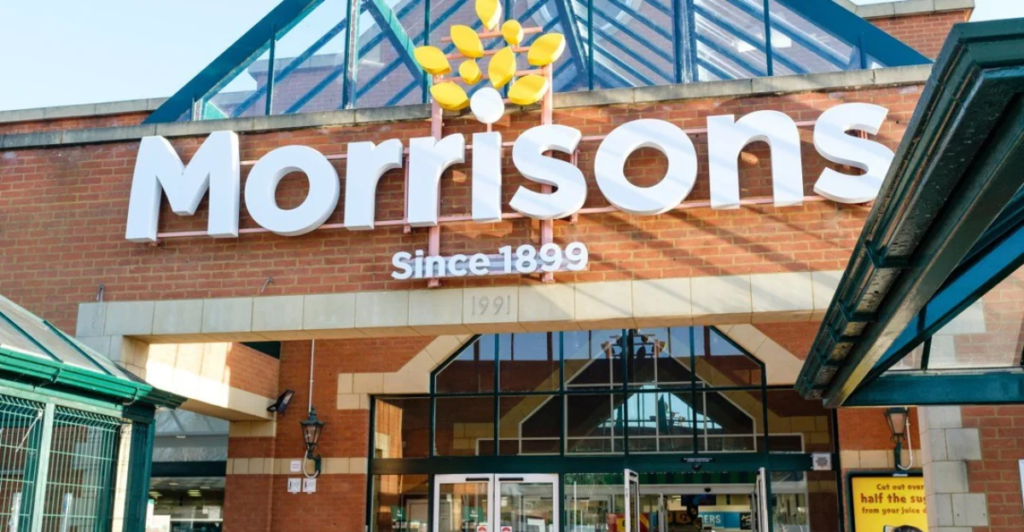
While job cuts are painful, some argue they may be necessary for long-term survival. If Morrisons fails to restructure, it risks a full collapse that could erase tens of thousands of jobs. By acting early, the company may stabilize its finances and preserve what remains. Redirecting funds toward growth areas could give it the resilience needed in a changing market.
History shows that businesses that hesitate during crises often fare worse. In that context, Morrisons’ swift, though harsh, decisions may be the lifeline that prevents broader collapse—and potentially saves more jobs than it sacrifices in the short term.
Copying Aldi’s Playbook to Stay in the Game
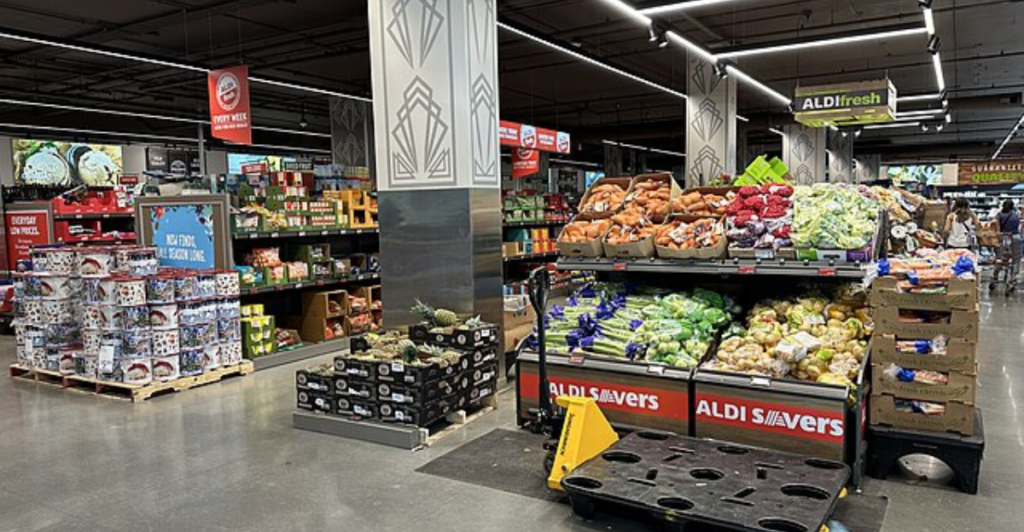
Discount chains like Aldi succeed through extreme efficiency. They operate with fewer employees, simplified product ranges, and data-driven systems that trim fat at every turn. It’s a model that has weathered economic storms—Aldi even saw global sales jump by 10% in 2020.
Morrisons is now adopting a similar approach, aiming to become leaner and more agile. That means trimming extras, prioritizing profitable areas, and investing in smarter tech. The goal: match the discounters’ speed and efficiency. It’s a difficult pivot for a legacy grocer—but one increasingly seen as essential to surviving in the high-stakes world of modern retail.
How Communities and Shoppers Are Feeling the Shift

Shoppers may see lower prices, but the trade-off includes fewer staff, closed services, and a less personal experience. Store cafes and fresh counters—once community fixtures—are disappearing. Their closures reduce social interaction and turn supermarkets into strictly transactional spaces. The broader impact could be worse for smaller towns, where store closures hurt access to fresh, affordable food.
As supermarkets consolidate and automate, rural areas may face diminished services, widening geographic inequality in food access. For many communities, these changes signal not just an economic shift, but a cultural one, altering how and where people gather, shop, and connect.
Morrisons’ Cuts Reflect a Bigger Retail Reckoning
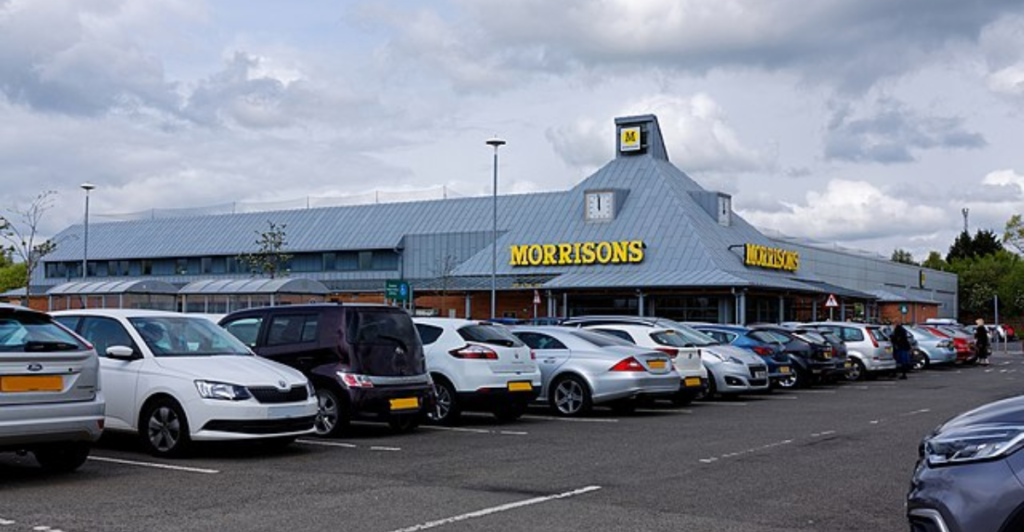
Morrisons’ sweeping cuts are more than a corporate shake-up—they’re part of a larger transformation across British retail. As prices tighten, labor costs soar, and technology reshapes the industry, companies must either adapt quickly or risk extinction. For workers, the fallout is real and painful.
But for the business, failing to act could be fatal. This is not just a crisis response; it’s a strategic reset for a new era. The companies that endure will be those that make hard decisions today to ensure viability tomorrow. For Morrisons and its competitors, the future now demands resilience, speed, and relentless adaptation.
Discover more trending stories and Follow us to keep inspiration flowing to your feed!

Craving more home and lifestyle inspiration? Hit Follow to keep the creativity flowing, and let us know your thoughts in the comments below!
